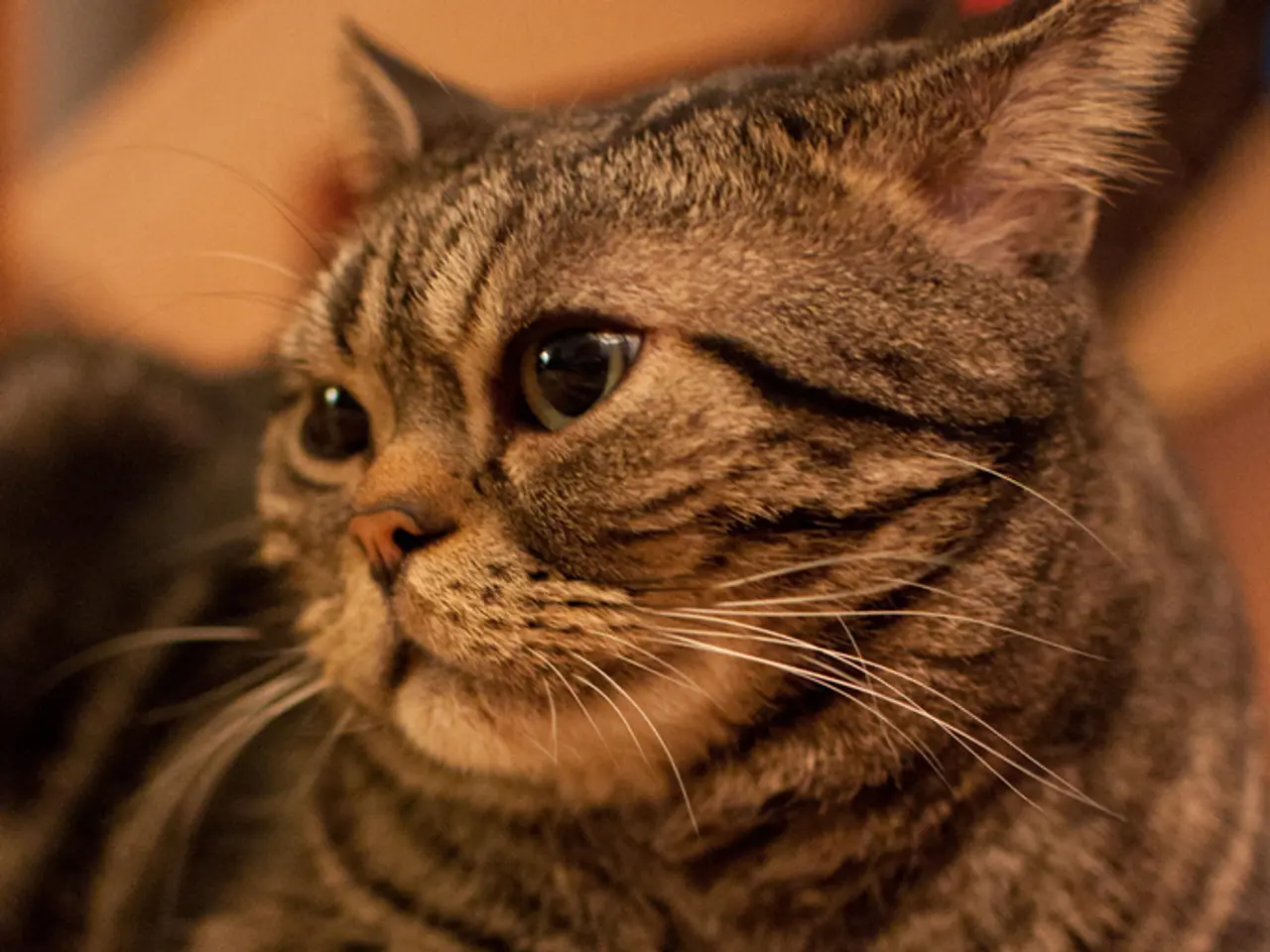Veterinary-Recommended Cat Tranquilizers for Journeys
Travel can be a stressful experience for cats, and sedatives can be a valuable tool in helping them cope. Here's a guide to some common cat sedatives, their side effects, and how they can assist in various travel situations.
One commonly used sedative is Benadryl (Diphenhydramine), which can induce a range of effects, including sedation, drowsiness, agitation, dry mouth, increased heart rate, difficulty urinating, drooling, diarrhea, vomiting, and, in some cases, seizures or convulsions. It's essential to consult with a veterinarian before using this medication, as they can tailor the medication and dosage to your cat's specific needs and health status.
Gabapentin is another sedative often prescribed for travel. Its side effects typically involve sedation, lethargy, and difficulty with balance and coordination. These effects usually resolve within 8 to 12 hours.
Other sedatives can cause side effects such as vomiting, nausea, aggression, dizziness, breathing difficulties, confusion, slow heart rate, and, in some cases, adverse reactions like respiratory depression or heightened anxiety.
When it comes to prescription medications, Trazodone is a popular choice for veterinarians. It functions as both a sedative and an anti-anxiety agent.
Sedatives can be beneficial in a variety of travel situations, including trips to the veterinarian, car rides, airplane trips, and during hotel stays. For instance, the Feliway spray, a non-prescription pheromone product, can help cats feel calmer during travel. It mimics naturally occurring pheromones known to soothe cats and can be used anywhere.
Zylkene, a non-prescription, over-the-counter natural behavior supplement for cats, is safe for pregnant and nursing mothers and kittens. It's formulated with alpha-casozepine, an ingredient naturally found in cow's milk, that helps relax fearful felines. Zylkene comes in capsule form but can be sprinkled on your cat's food or water.
It's crucial to monitor your cat's reaction to sedatives and seek veterinary advice if any adverse effects occur. Non-prescription options like supplements, calming treats, herbal remedies, and pheromone diffusers are available, but their effectiveness and quality control may vary.
In some cases, alprazolam, an "off-label" medication used to treat moderate-to-severe cases of anxiety or phobias in cats, may be prescribed. However, it's a federally controlled substance.
Remember, cats aren't easily fooled, but treats like Greenies Pill Pockets can help ensure your pet gets the medicine they need. These treats mask the smell of medicine.
Always work closely with your veterinarian to find the best solution for your cat, and always check first before giving your cat new supplements. The right medicine, disguised as a treat, can make all the difference in your cat's travel experience.
Pet health during travel can benefit significantly from pet insurance, as it may cover unexpected veterinary expenses due to adverse reactions to sedatives. The science behind health-and-wellness for pets suggests that certain sedatives, such as Trazodone, can address both sedation needs and anxiety. Lifestyle choices, like incorporating health-promoting supplements such as Zylkene and using calming products like Feliway spray, can also contribute to a stress-free travel experience for pets.




